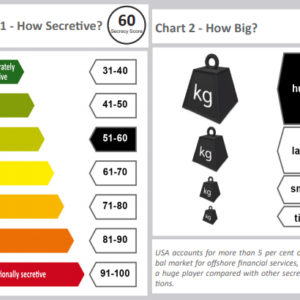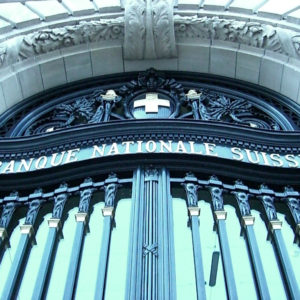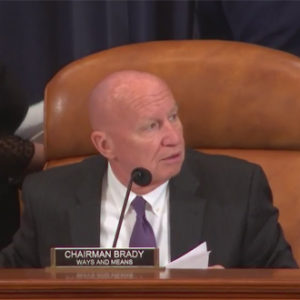
How the U.S. Became a Top Secrecy Jurisdiction
Sometimes, ranking near No. 1 in the world is not a badge of pride. According to the Financial Secrecy Index released by the Tax Justice Network (TJN), the United States is the second largest contributor to financial secrecy in the world, placing it in the company of infamous tax havens such as Switzerland (ranked No. 1) and the Cayman Islands (ranked No. 3). Financial secrecy is enabling people to hide income from the authorities to evade taxes or financial regulation, launder profits from crime, finance terrorism, or otherwise break the law.
As the new TJN report explains, the United States contributes more to financial secrecy in the world than any country other than Switzerland for two reasons. First, this country has the largest share (22.3 percent) of the global market for offshore financial services. Second, several U.S. states promote financial secrecy by allowing individuals to form corporations without providing any real identifying information. In some states, people who want a library card must provide more identifying information than those who want to incorporate. The result is a huge amount of money held in shell companies in the United States that cannot be traced to any individual anywhere in the world.






